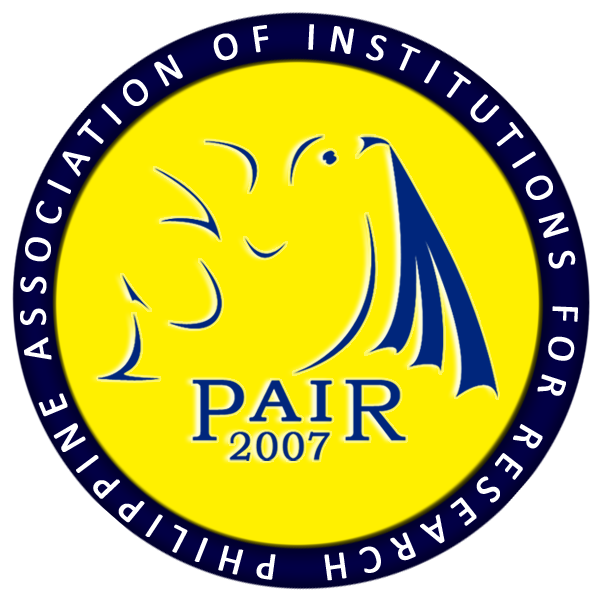GDP Per Capita, Economic Freedom Index, Political Culture and Freedom of the Press Index as Determinants of Corruption Perception Index: A Global Study
DOI:
https://doi.org/10.7719/ijgc.v1i1.230Keywords:
Economics, Corruption Perception Index, GDP Per Capita, descriptive inferential design, PhilippinesAbstract
Transparency International publishes annually the Corruption Perception Index (CPI) by ranking countries on their perceived levels of corruption as determined by expert assessments and opinion surveys. Corruption is the misuse of public power for private benefit. The study aimed to find the determinants of CPI. The descriptive inferential design was used involving 146 countries with complete data sets through data mining methodology. The Cluster Analysis, Pearson r, multiple linear regression analysis, stepwise regression model were used. The results showed that Gross Domestic Product per Capita, Economic Freedom Index, Political Culture, and Freedom of the Press Index emerged as the determinants of Corruption Perception Index. The study concludes that the four determinants explain 87 percent of the variation for CPI. Least Developed Countries and Developing Countries had the greatest vulnerability to corruption. In contrast, Developed Countries had lower corruption.
References
Azfar, Omar and Tugrul Gurgur. (2008). Does Corruption affect health outcomes in the Philippines? Economics of Governance Vol. 9, Issue 3, Pages 197-244.
Downloads
Published
Issue
Section
License
Copyright (c) 2014 International Journal on Graft and Corruption Research

This work is licensed under a Creative Commons Attribution-ShareAlike 4.0 International License.
Open Access. This article published by International Journal on Graft and Corruption is licensed under a Creative Commons Attribution-Noncommercial 4.0 International (CC BY-NC 4.0). You are free to share (copy and redistribute the material in any medium or format) and adapt (remix, transform, and build upon the material). Under the following terms, you must give appropriate credit, provide a link to the license, and indicate if changes were made. You may do so in any reasonable manner, but not in any way that suggests the licensor endorses you or your use. You may not use the material for commercial purposes.






